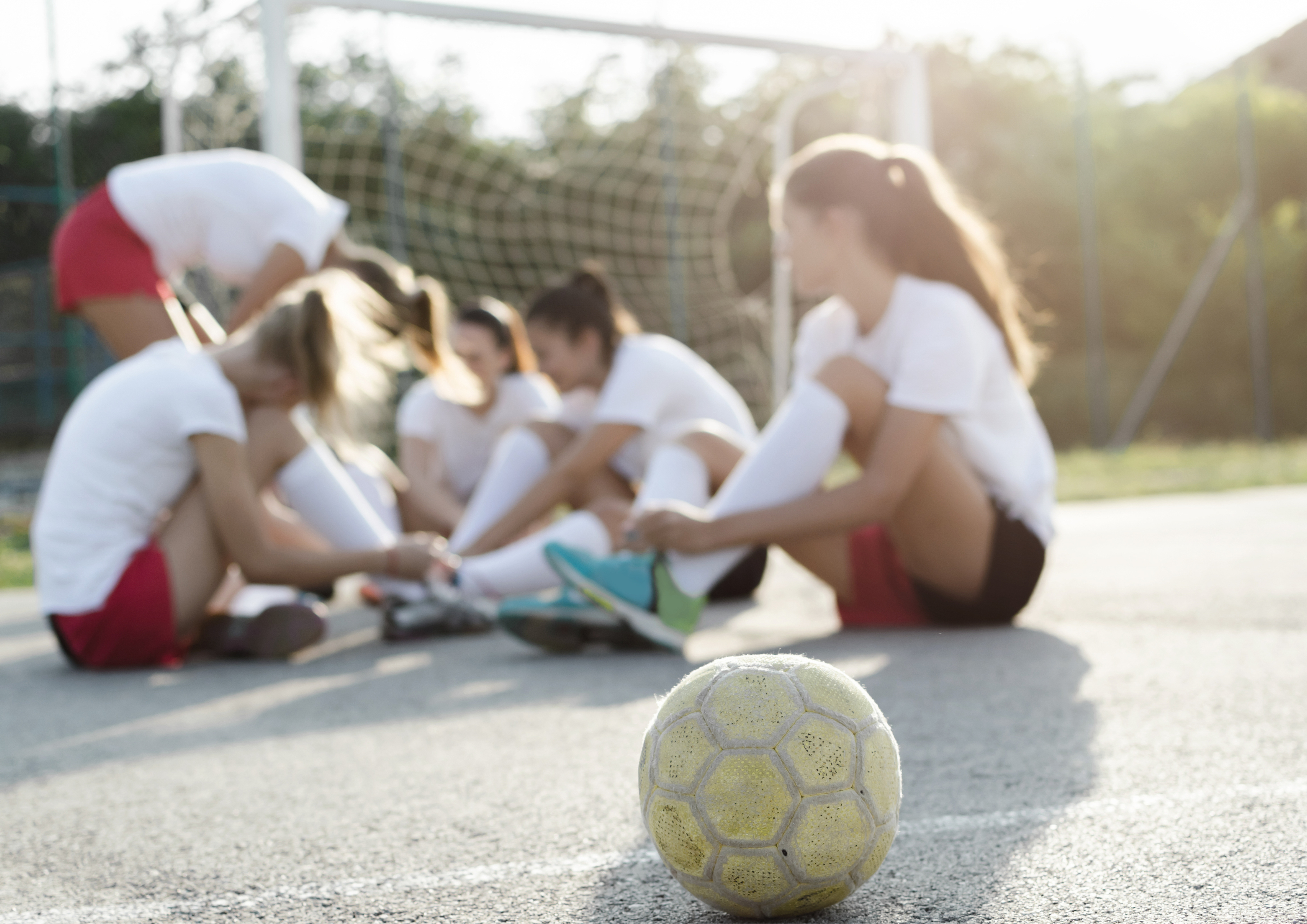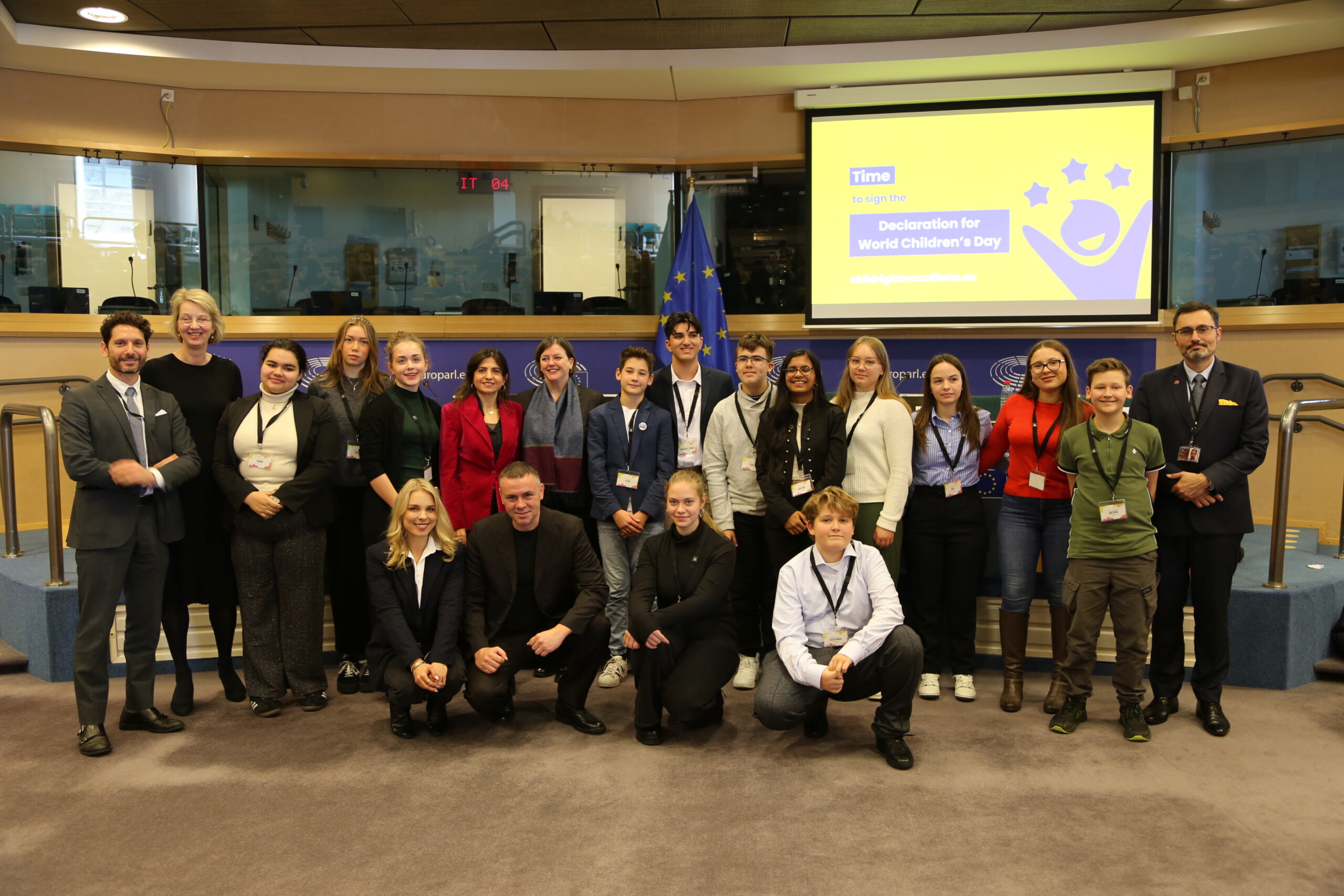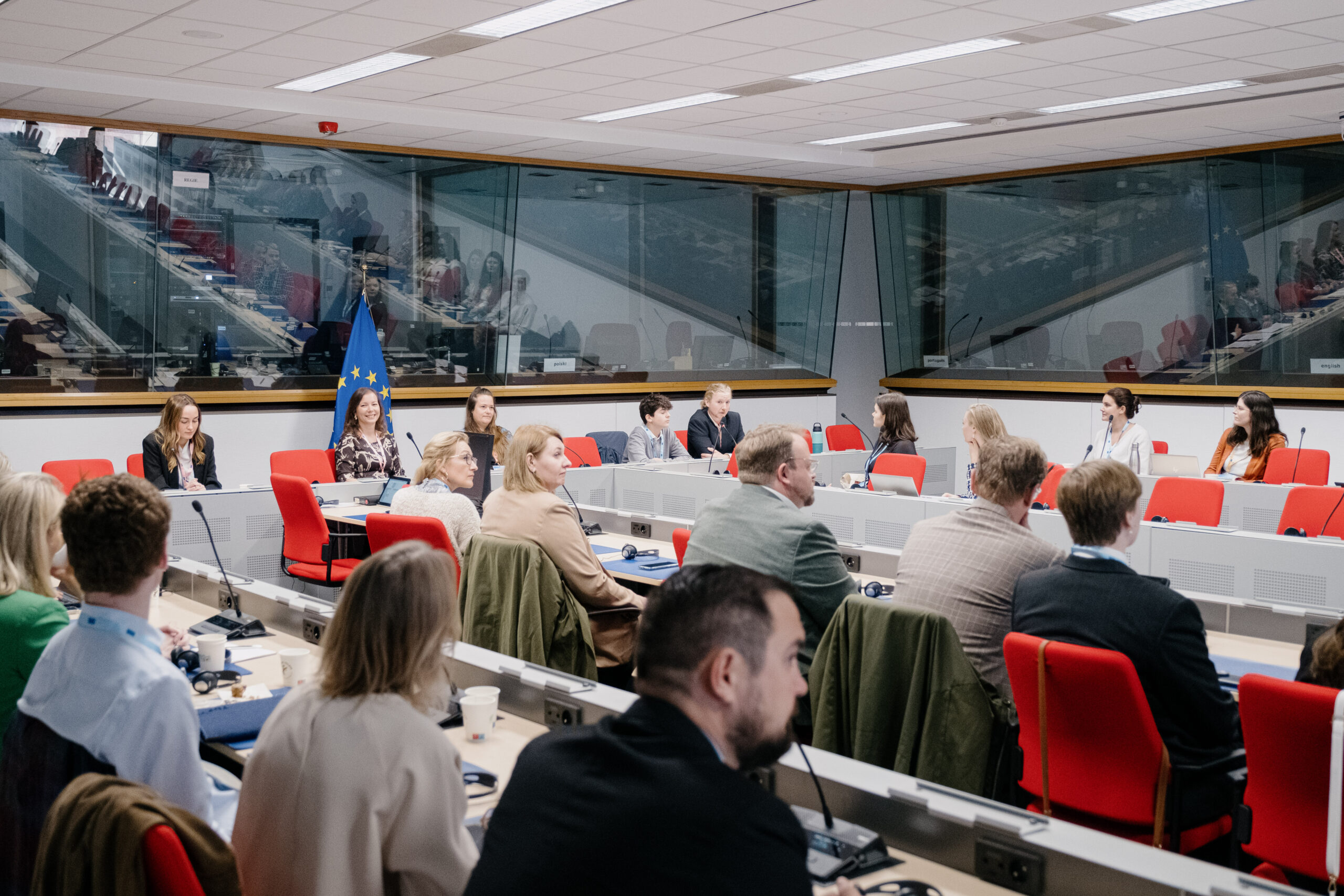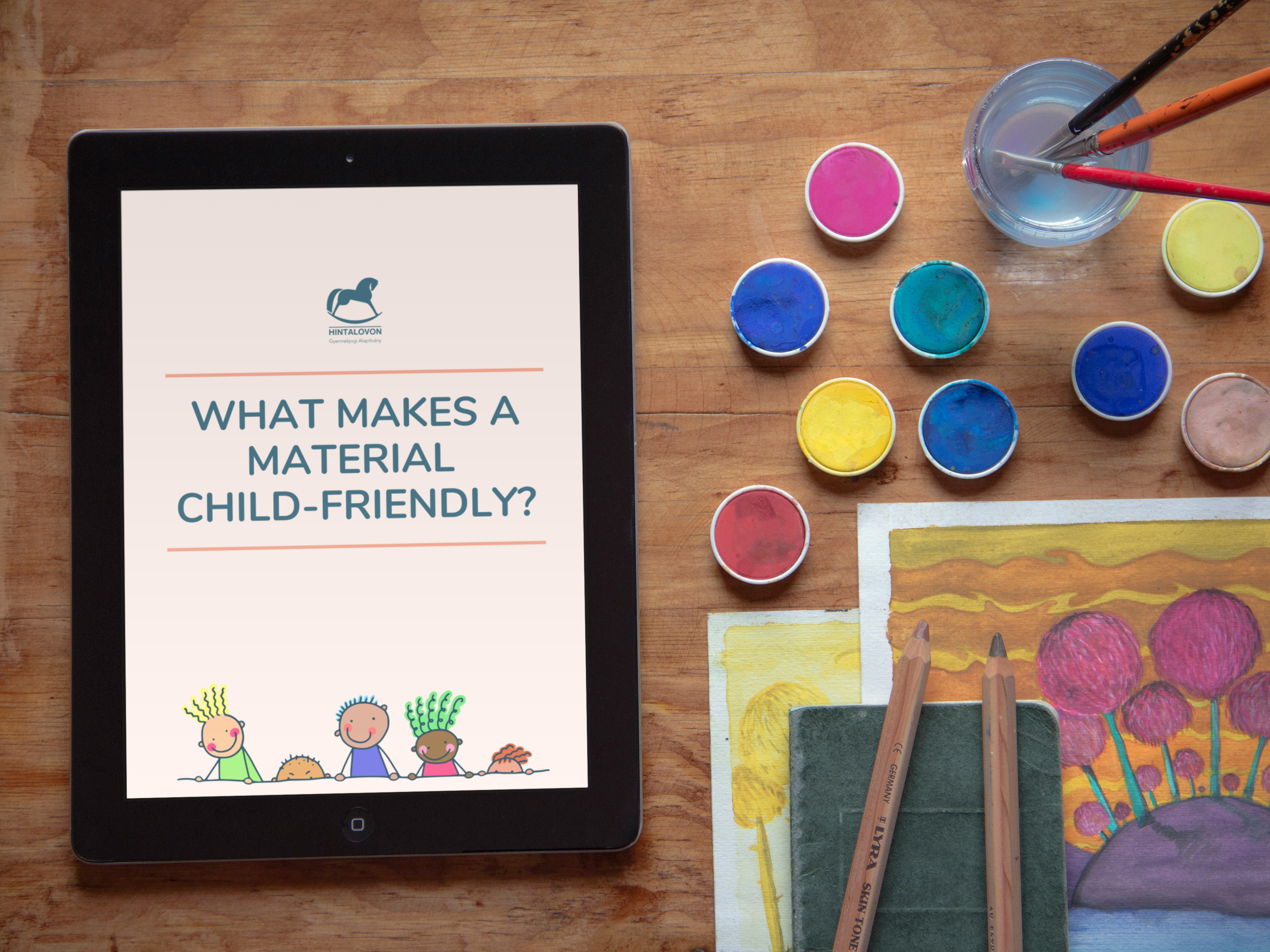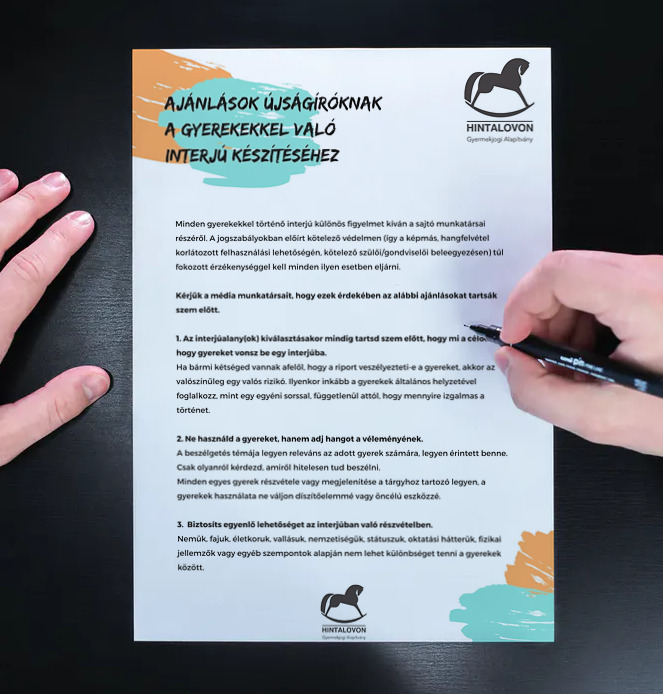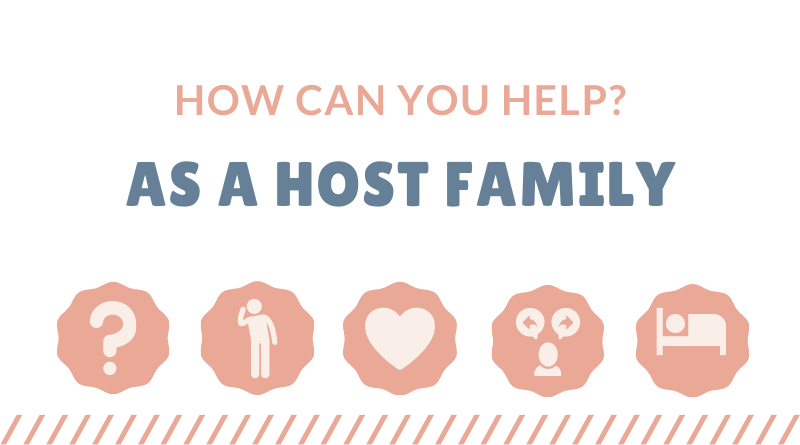During childhood, it is essential that a child has good experiences and a supportive environment while engaging in sports, as this can shape their attitude towards sport and physical activity in later life. While sport can be challenging, demanding, and tiring, abuse, humiliation, or harassment should never be used as a means to improve performance.
Negative experiences and cases of safeguarding violations in sport have been the subject of numerous international studies and research. In Hungary, there is little factual information available, and in many cases, only media reports cover cases linked to specific sports organizations. The first national survey on abuse in sport in Hungary was conducted by UNICEF in 2014.
Although the methodology of our sports research means that the results cannot be considered representative, it still reveals several significant issues. One of the most concerning of these is that children are often helpless in the face of abuse, because they do not recognise that what happens to them is abuse considering it to be just a part of sport. Furthermore, sport research shows that the public is generally more tolerant of sport-related abuse, often seeing it as an acceptable means to achieve success. Nevertheless, for the majority of children, sport remains a defining and positive experience.
The joy of sport
The results of the sport research clearly show that for most children, engaging in sport is a source of pleasure and many believe that years of playing sport have had a significant impact on their personal development. Therefore, most of them associate the words “joy”, “friends” and “success” with playing sport as a child. 7 out of 10 respondents said that they enjoyed the sport itself the most. The responses indicate that sport helps build self-confidence and self-awareness, providing many children with resilience for later life. The majority recall a fun and supportive atmosphere when reflecting on their childhood sport experiences.
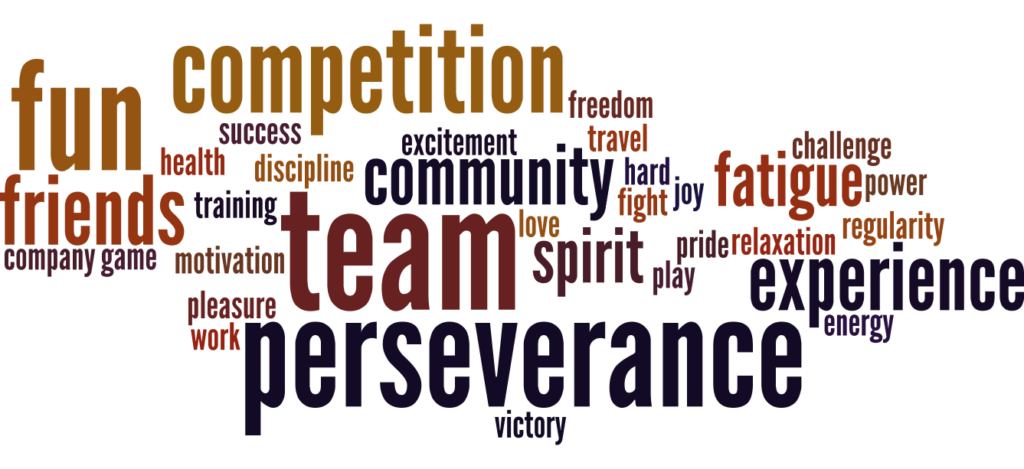
Performance pressure undermine motivation
From the text responses, it is clear that the constant pressure to perform is a crucial aspect of organized sport, often detracting from the joy of participation. In addition, this success-oriented approach often leads to discrimination against children and puts children who are considered less talented at a disadvantage, many times discouraging them from playing sports altogether.
The role of the coach is key
UNICEF’s 2014 sports research highlighted the crucial role of coaches, and these findings reinforce that conclusion. The responses demonstrate that the coach’s expertise is only one aspect of their job, and their attitude, behavior, and attention to children are equally, if not more, important. The attitude of the coaches, their behavior, personality and attention to children not only determine the atmosphere in training sessions, but can also determine a child’s attitude to sport. There have been many text messages about children who have stopped playing sports because of a bad coach, but many have also written about the opposite. A supportive, good coach can help children through the ups and downs, encouraging them to persevere. The coach’s position of power makes him or her a key player in bullying. On the one hand, in all types of abuse, the coach is most often identified as the abuser: it is a common experience that he/she crosses boundaries to improve performance. On the other hand, because of their status and prestige, it is the coach who can do the most to prevent and deal with safeguarding violations.
Recognizing and addressing peer abuse is equally important. The role of coaches was also emphasized in the focus group research: both parents and sports professionals confirmed that a coach needs to have the right pedagogical and psychological knowledge to be able to address children appropriately. However, it is common experience that this is even less the case in practice. Both parents and professionals suggested that more emphasis should be placed on imparting these skills in coach education.
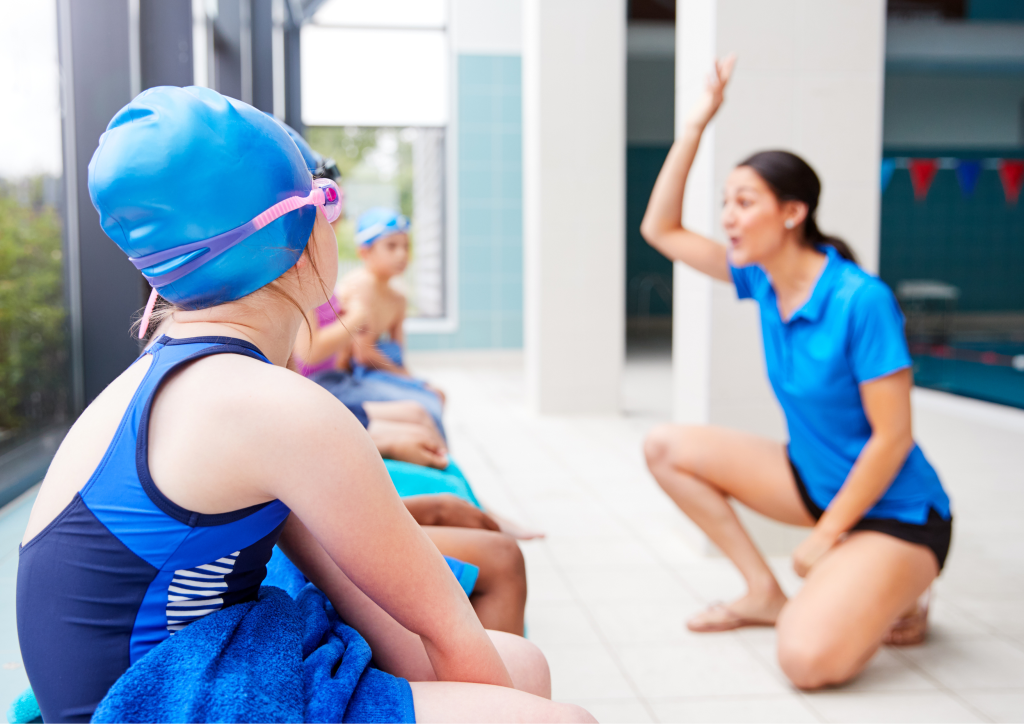
Changing perceptions of abuse
Public opinion and in many cases organizational culture still suggest that abuse must be tolerated in order to succeed. Many respondents indicated that abuse, particularly emotional abuse, was deemed “necessary” for sporting success or personal development. In addition, particularly in the case of emotional abuse, it was also emphasized that it is very difficult to judge where the boundary between severity, motivation and abuse lies. Recognising this as a child is particularly difficult. Only 7.9% of respondents reported recognizing abuse during childhood, whereas, as adults, 36.4% believed that what happened to them was, in fact, child abuse.
Lack of Resources
The results of the sports research also highlight the fact that there are hardly any resources available to address safeguarding violations in sports organizations. The most common response to abuse was to either quit sports or change clubs or sports. Many respondents reported that the abuse they experienced was never addressed. The amount of responses regarding formal or informal treatment of abuse was low. Another alarming finding was that a high proportion of respondents had never told anyone about the abuse they experienced. The most frequently cited reasons were fear of not being believed and concern about the potential consequences of speaking out.
Parental support is essential
The findings also underline the importance of the role of parents. It is very important for children to feel supported by their parents, regardless of their achievements and level of participation in sport. Many respondents highlighted the lack of parental attention and interest as a negative aspect of their sport experience. The importance of parental support is also indicated by the fact that most respondents also talked to their families about the emotional and physical abuse they had experienced. Sexual abuse, on the other hand, is a heavy burden, with a higher proportion of parents not talking about it than sharing it with their family.
Experiences that last a lifetime
Sports research shows that years spent playing sports leave a lasting impression on a person’s character. If you’re lucky – and in most cases – they strengthen character, help self-acceptance and boost self-confidence. In contrast, bad experiences can cause lasting damage. Some respondents shared stories of failure in sports leading to long-term issues with self-esteem, body image, and mental health.
Parents who played sports themselves as children are often more aware and careful when choosing sports and sports organizations for their children. This is confirmed by the results of the parent focus group. Parents who had negative sports experiences as a child were especially careful to ensure that their child did not face similar difficulties.
The full sports research report is available here:
